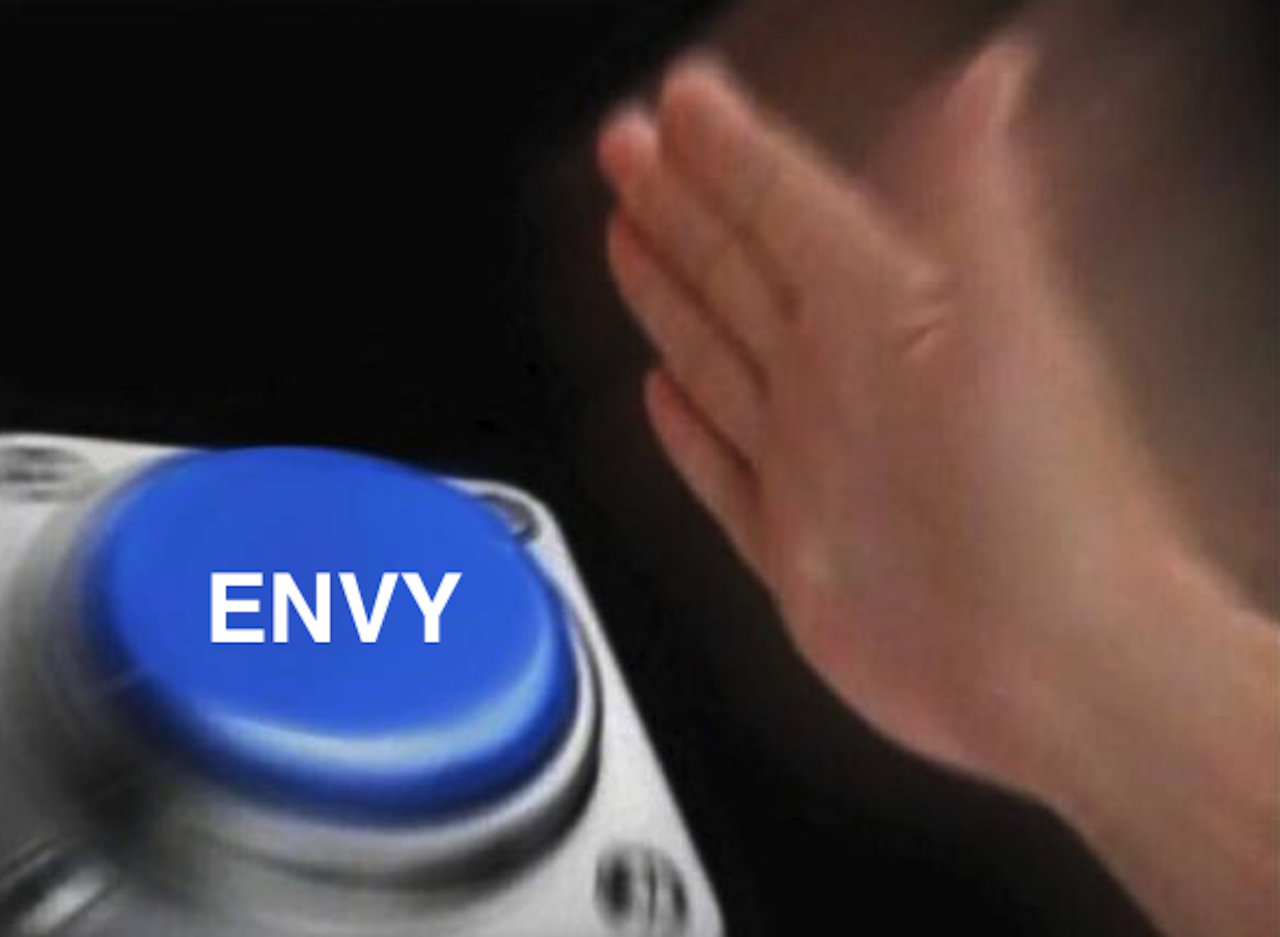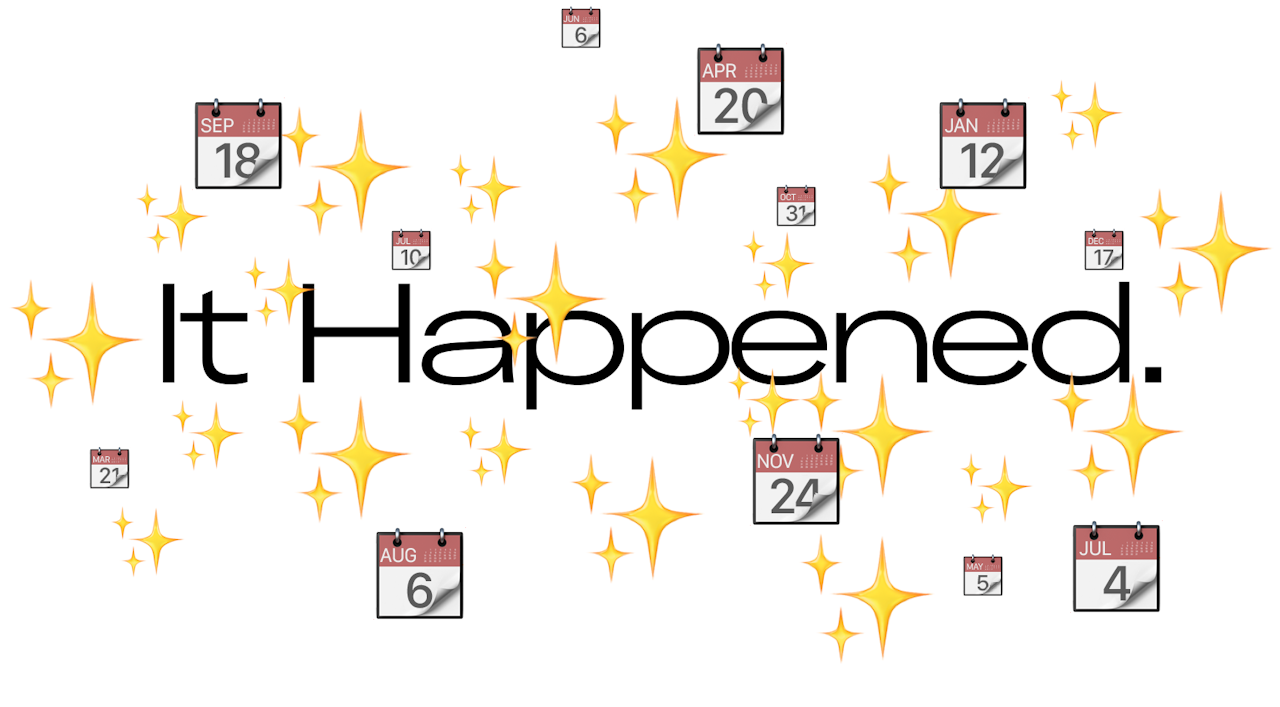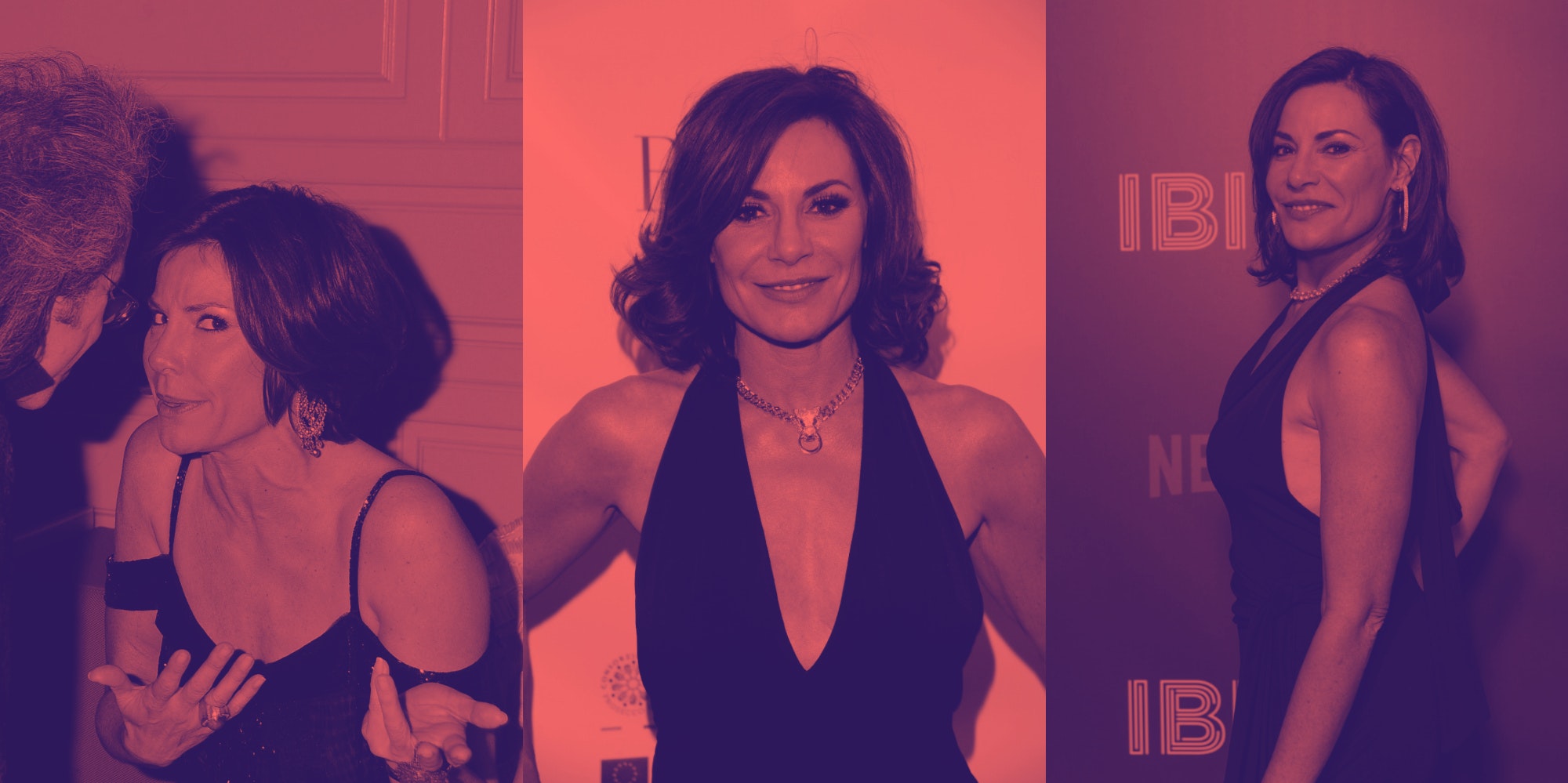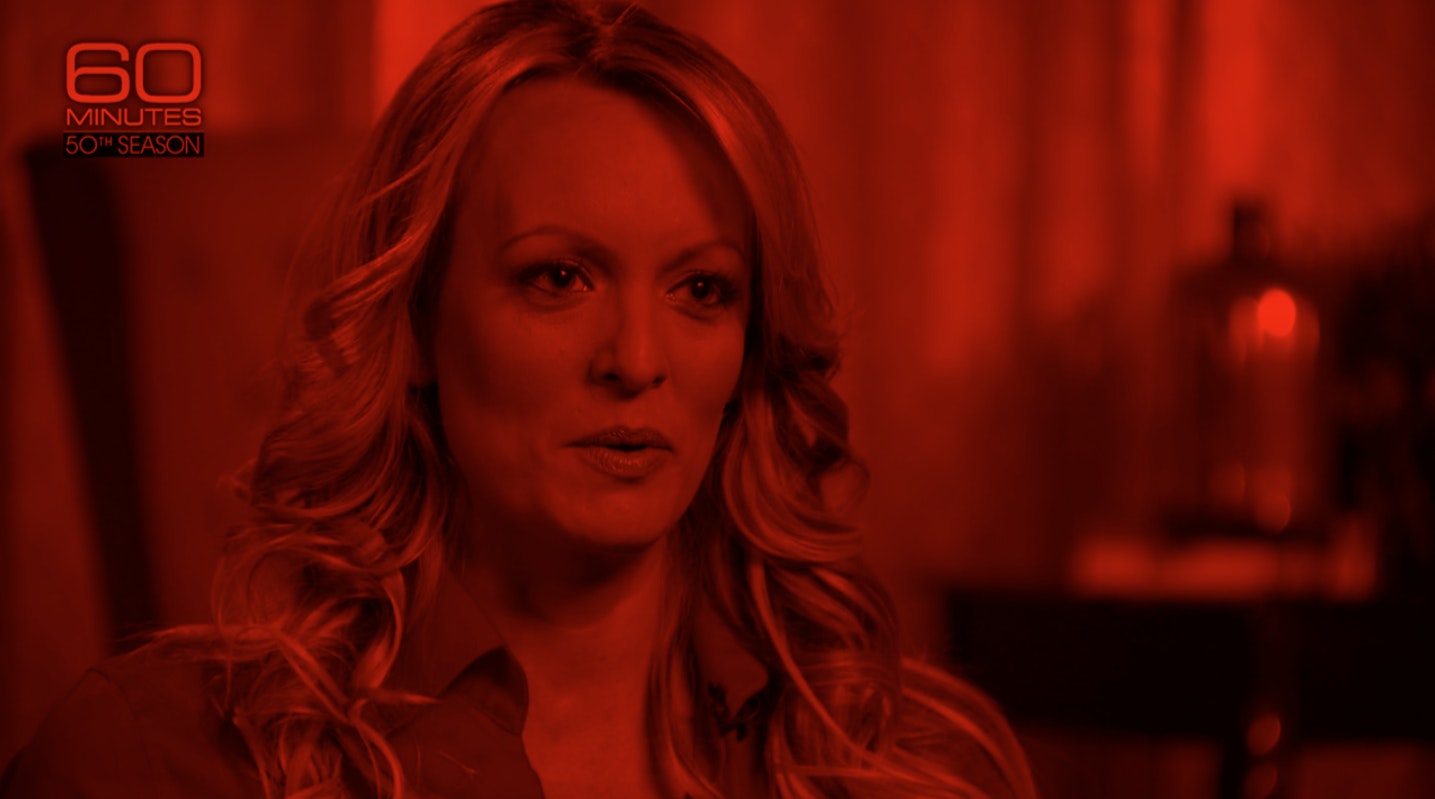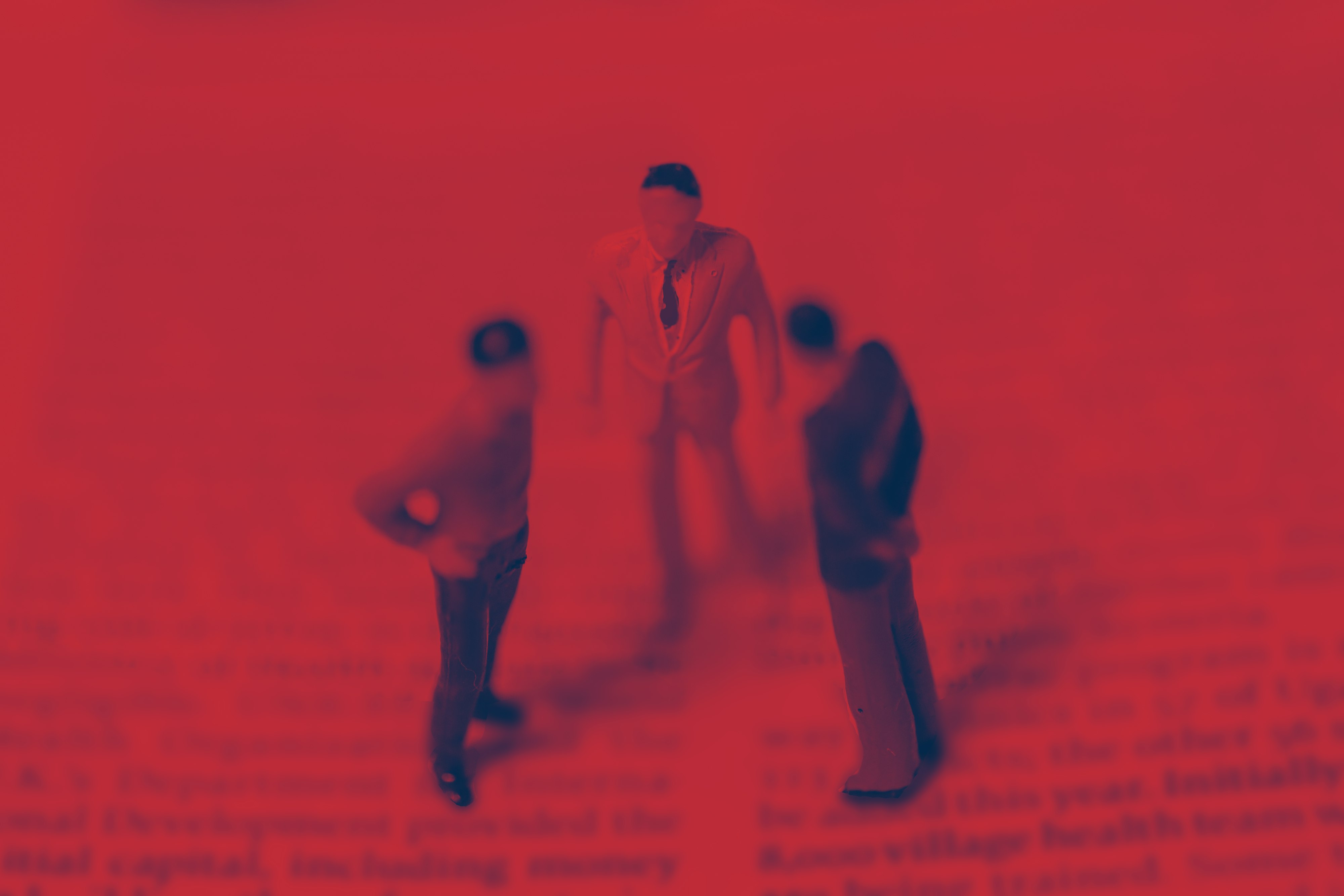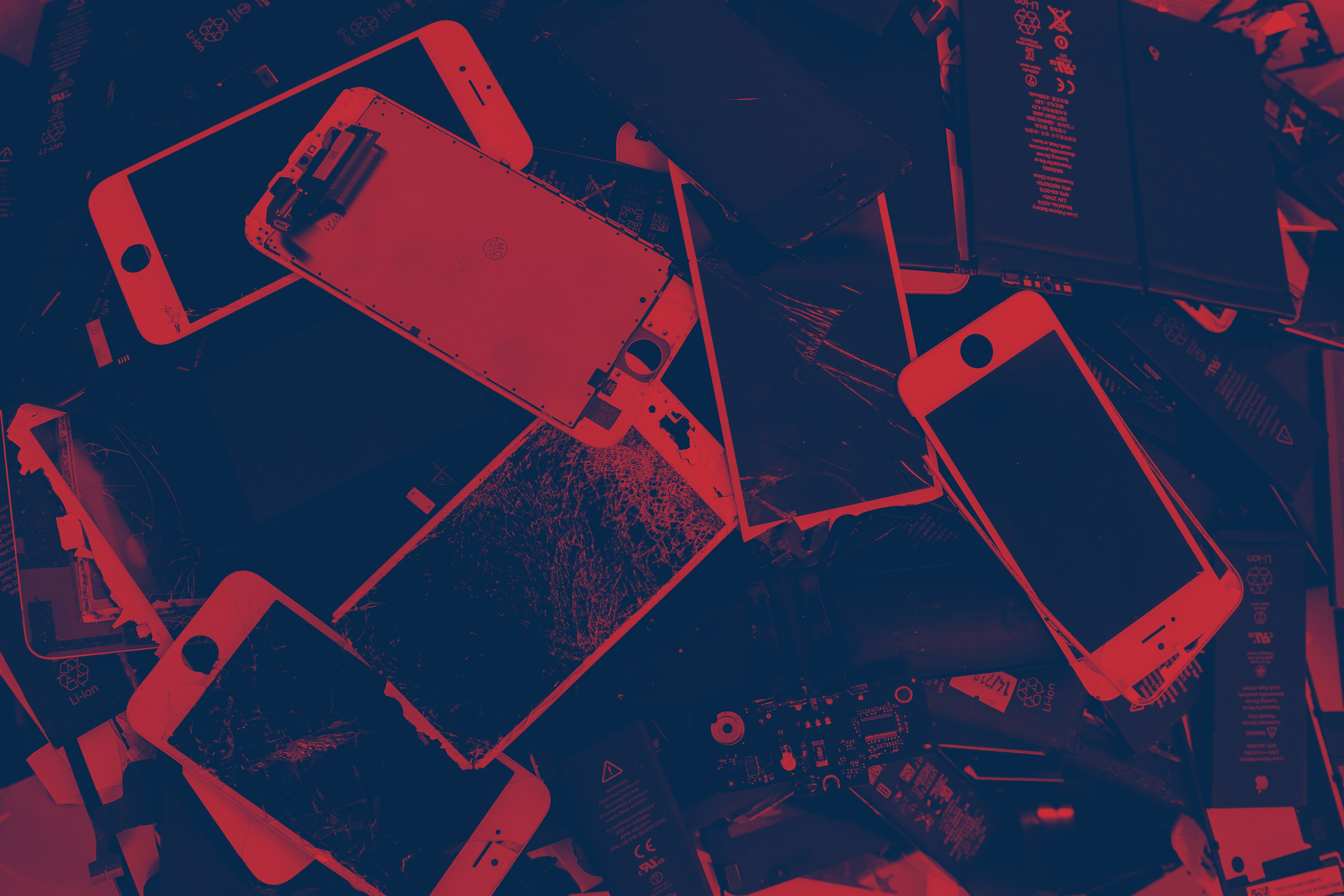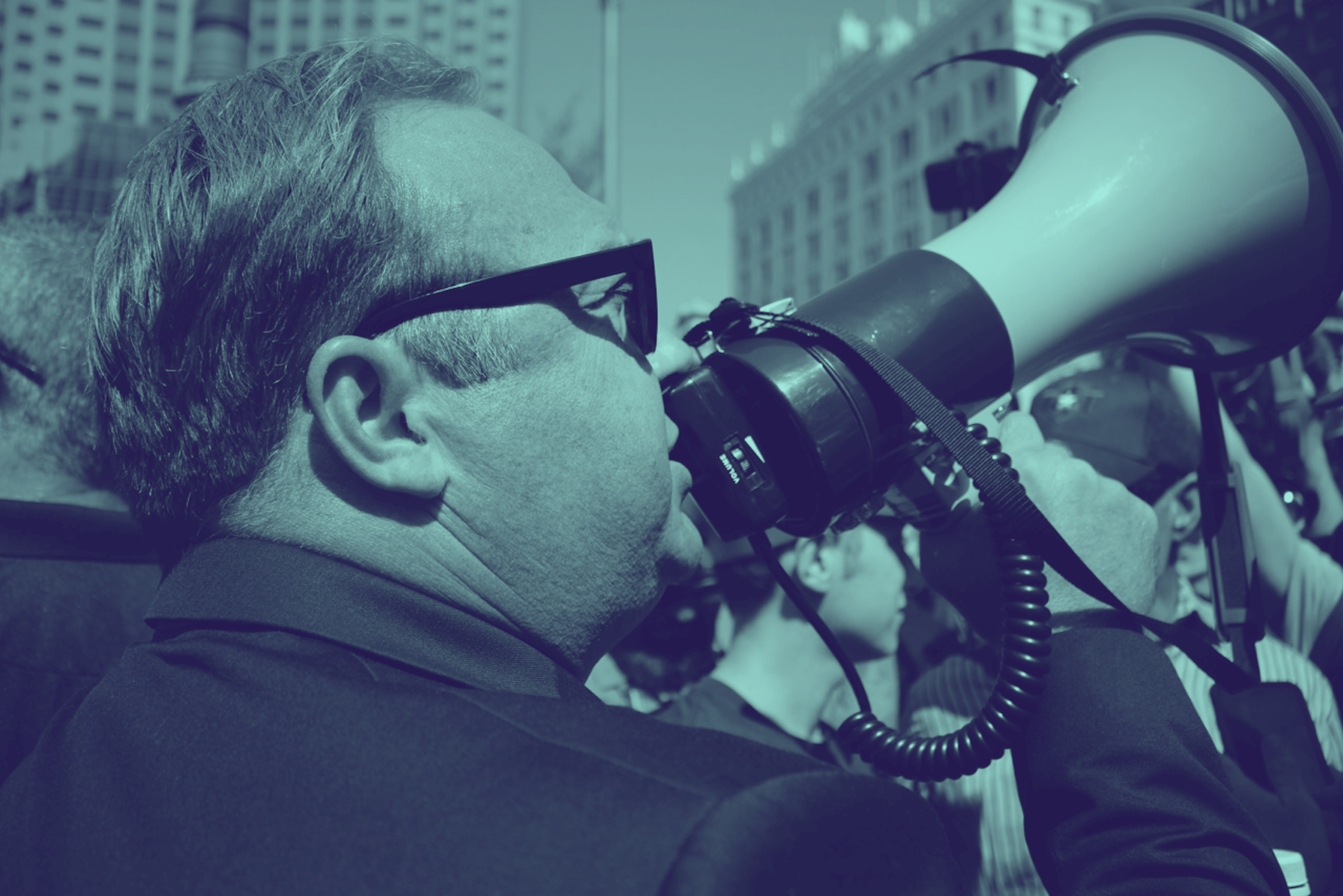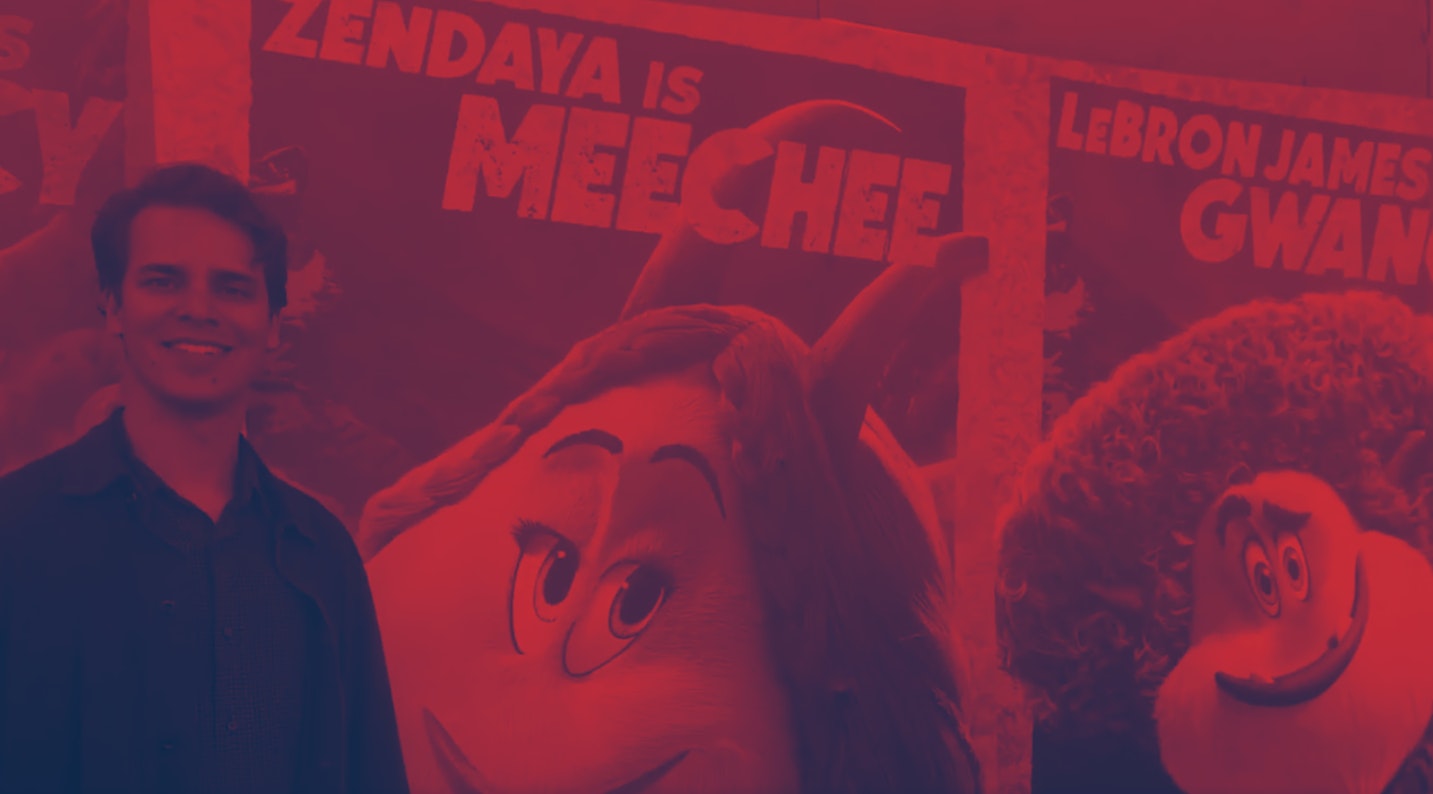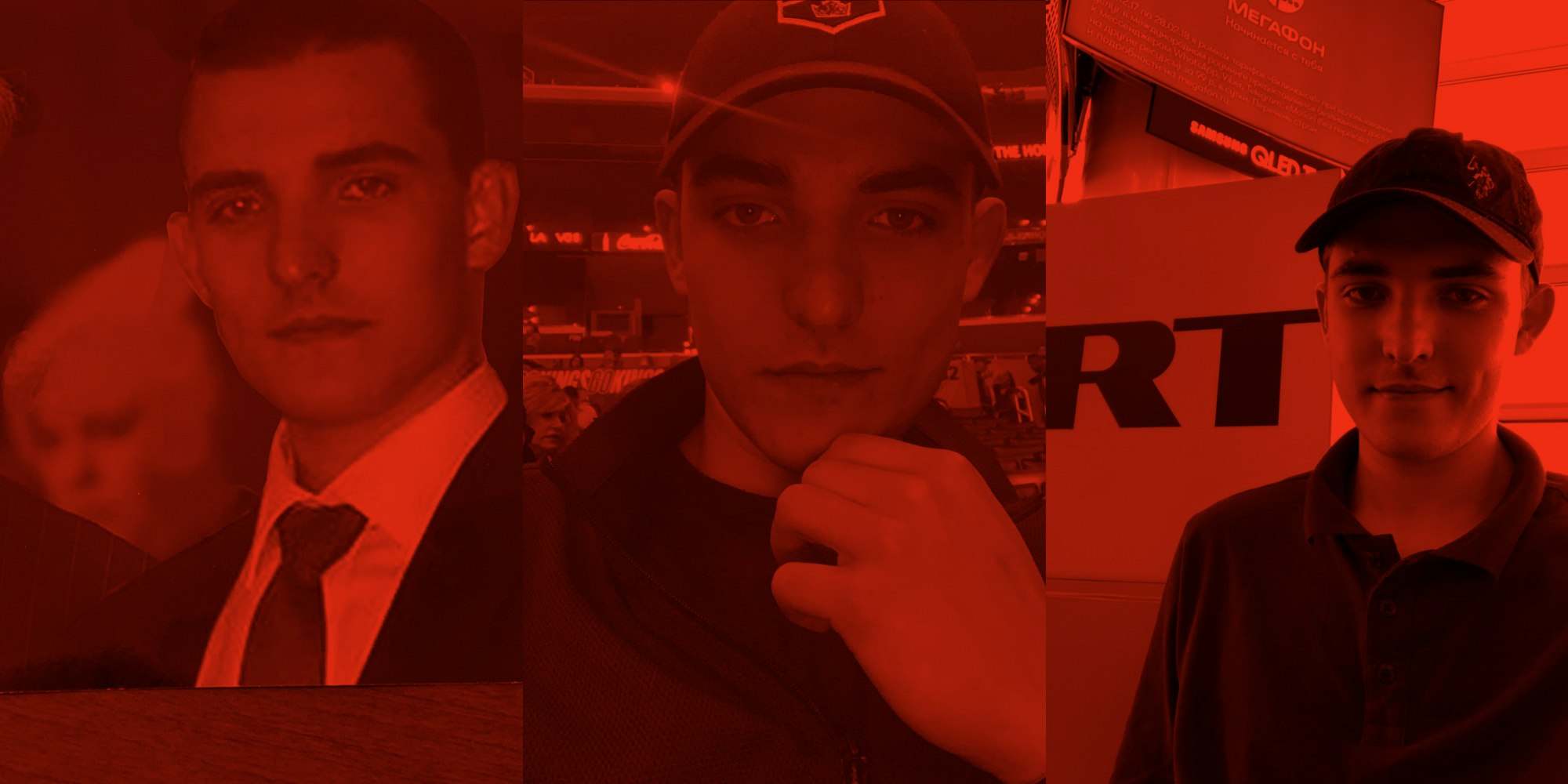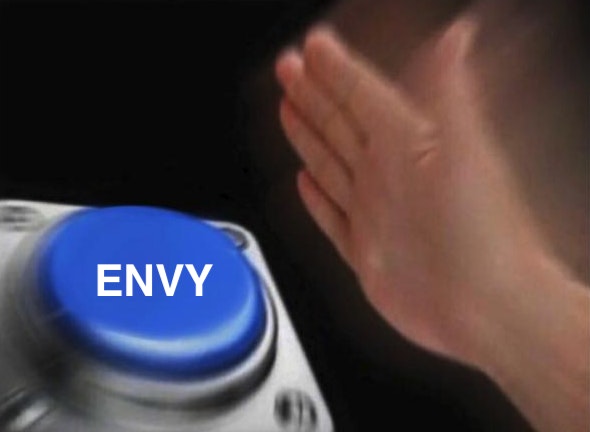Envy exists in its rawest and broadest form in December. It creeps up after Thanksgiving and intensifies through Christmas, a kind of emotional reflux for which there is no easy cure. Envy is a voice yapping inside my head that crescendos in this month: Why was I not invited to that party? Why am I not having as much fun as other people at the party I am at? Why didn’t I get a Lexus with a big bow on it for Christmas? How is so-and-so doing a thing I want to do? Why aren’t my blog posts on any year-end lists singling out the smartest and most humble posts by people between the ages of 31 and 33? Why does that baby have nicer clothes than me?
In the New York Review of Books recently, Stanford professor Robert Pogue Harrison wrote that envy is “the common currency of mimetic desire... Envy is a form of hostile worship. It turns admiration into resentment. Dante considered it radix malorum, the root of all evil, and [the French historian and philosopher Rene] Girard agreed. He claimed that envy is the one taboo that is alive and well in contemporary society — the vice that few will ever talk about or confess to.”
Well, here I am to talk about envy. (It is necessary for the purposes of this essay that we differentiate envy from jealousy. Envy is wanting something you do not have; jealousy, according to Psychology Today, “is most typically aroused when a person perceives a threat to a valued relationship from a third party.”) I am not pleased to be writing on this topic, because I risk embarrassing myself by exposing my weaknesses and appearing vulnerable, but my editor reminded me on very short notice that I had to write an essay about something that happened in December, and this was my only idea. I am not envious of myself.
In an interview with CBS last week, economist Gary Hufbauer spoke of something called “the envy factor,” which is evidently “fueling global populism” and maybe even destroying the economy. The envy factor is caused by social media, and is perhaps best summed up by this photo of Kris Jenner. Hufbauer offered this explanation:
“The envy factor — thanks to social media, general media, and so forth is much greater today than it had been 50 years ago,” he said. “What's — I think — driving the politics is that today... everybody knows, who watches TV, that other people are doing better than they are.”
Over email, I asked Hufbauer if there was an explicit connection between the “envy factor” and economic downturn. “I think the relative decline in the average price of goods relative to the average price of services reflects the impact of technology on goods prices — so far, much more dramatic than on service prices (think the relative price of autos or clothing vs. the price of hotel rooms or education tuition),” he wrote. “But the ‘envy factor’ is very important to political views. Politicians, especially on the left, play to the fact that all the personalities featured in the media, and all the CEOs, enjoy standards of opulence far out of the reach of the median household. So life must be unfair. In an earlier era, most median households had no idea as to how sports stars or CEOs lived.”
Hm. I guess that is one way to think of it. Psychological consensus agrees with Hufbauer’s general sentiment, though. In October, clinical psychologist Rachel Andrew told The Guardian that she increasingly sees patients who want to discuss difficulties with envy. “What I notice is that most of us can intellectualize what we see on social media platforms — we know that these images and narratives that are presented aren’t real, we can talk about it and rationalize it — but on an emotional level, it’s still pushing buttons,” she said. “If those images or narratives tap into what we aspire to, but what we don’t have, then it becomes very powerful.”
And despite the things that men who blog on Medium might say about turning your envy into motivation, a February paper in Social Science Medicine found no evidence “that envy acts as a useful motivator,” and that “greater envy is associated with slower — not higher — growth of psychological well-being in the future.” The study concluded that “society should be concerned about institutions that stimulate large-scale envy.”
In my advancing age I am more serene than I used to be about surface-level accomplishments, but now envy feels like something that has the ability to consume me as I approach a very significant life junction (for a person with a uterus, especially): Does one take the route in which they continue to grind away at a career with the hope of having an impact on the world (or even just writing a sitcom that gets optioned but never airs!), or do they seek and develop domestic peace and fulfilling relationships with other humans, perhaps even producing an heir to their junior one-bedroom apartment? Or do they acquire wealth great enough to comfortably do both? I am envious of people who can make these decisions.
I once had dinner at a fairly famous journalist’s house. She talked about how it was important for women not to be afraid of having it all, and at once. She told us about how she learned she was pregnant shortly after landing a major book deal. She urged us not to plan, that anything could happen, and you could revel in the wealth of your life events no matter how overwhelming they may be. Around this time I read Lean In, about how you shouldn’t “leave before you leave,” how you should approach your career like you’re driving a car with no brakes in order to level yourself with men.
Instead of feeling empowered, I felt exhausted. I envied these women, their seemingly boundless reserves of energy; even if they were full of shit, they were good at being full of shit. I envied them for being good at being full of shit.
Envy feels like something that has the ability to consume me as I approach a very significant life junction.
There’s an essay I have thought about probably once a week since I first read it more than ten years ago, and is appropriate to reference here because it is titled “Envy.” It is by Kathryn Chetkovich, and it is about her relationship with a writer who has a 98 percent chance of being Jonathan Franzen, and her feelings of envy and inferiority when The Corrections was published to seismic adulation. Chetkovich writes that her envy was only allayed by 9/11, which happened a week after the book was released: “For one day, at least, for the first time in what felt like months, he and his work had been eclipsed — and I was relieved. That was the place envy had delivered me to.” Damn.
The essay also examines envy and traditional notions of gender; how women in Chetkovich’s generation were raised “to believe that we could do and be whatever we wanted — by women who, by and large, had not enjoyed that freedom themselves (and who perhaps envied their daughters for it). I grew up still wanting all the old things — to be pretty, to be good, to be liked — and also wanting not to care about such things.” In every woman’s life a sense of obligation travels with her, a niggling feeling that there’s always something else you have to do. Chetkovich found herself caring for her dying father and aging mother; her boyfriend’s career skyrocketing while her writing stalled out. Was her work, in caring for her parents, not in some way as vital as his? My friend and I have a running joke: The New Yorker should do an issue in which they just publish profiles of mothers, because mothers are the most fascinating people in the world.
Chetkovich concludes that what she ultimately envied about her boyfriend was not his raw talent, but something she discovered only through envying him. “What I envied were what his talent and success had bestowed on him, a sense of the rightness of what he was doing,” she writes. “I wanted what women always want: permission. But he’d had that before this book was even written; it was, after all, the first thing I’d envied about him. It was arguably what enabled him to write the book in the first place… Whatever else it has done, my envy of the man has helped me see the difference between what I was raised to want, what I wish I could want, and what I do want.”
It is time we talk about breasts. There is a lot to say about them, but here I will focus on a theory developed by the Austrian-British psychoanalyst Melanie Klein: how the relationship between an infant and their mother’s breast can influence their entire life, as explored in her 1957 book Envy and Gratitude.
The breast (or bottle, Klein uses the two interchangeably) that feeds them is the first thing infants envy. Klein: “The infant feels that it possesses everything he desires and that it has an unlimited flow of milk, and love which the breast keeps for its own gratification.” When babies are feeding, they are full of good feelings — this is internalized as the “good breast.” When the breast is taken away, there is envy — the babies want something that does not belong to them. This is the “bad breast:” “...When the breast deprives him, it becomes bad because it keeps the milk, love, and care associated with the good breast all to itself.”
In every woman’s life a sense of obligation travels with her, a niggling feeling that there’s always something else you have to do.
So, ok. Reductively, babies who are fed adequately when necessary will ultimately build secure relations to the good breast, and will develop into people less likely to have paranoid-schizoid tendencies and other undesirable qualities. Highly envious babies deprived of the good breast are in a tough spot. The breast, to them, becomes a negative vessel rather than a positive one, and the proliferating negativity becomes difficult to overwrite, showing itself throughout their lives. “The infant who, owing to the strength of paranoid and schizoid mechanisms and the impetus of envy, cannot divide and keep apart successfully love and hate, and therefore the good and bad object, is liable to feel confused between what is good and what is bad in other connections,” Klein writes.
The idea that infants could be inherently occupied with aggressive feelings like envy was controversial among Klein’s peers. In his biography of the influential British psychoanalyst D.W. Winnicott, Adam Phillips writes that Winnicott broke from Klein because he “believed that Klein and her increasingly devoted followers… overburdened the infant with innate characteristics” while “rendering the mother anonymous.” Klein also neglected to address how socioeconomic conditions played into her theory.
Still, Klein’s conclusion about envy is not far from Dante’s “radix malorum:” “I would even suggest that it is unconsciously felt to be the greatest sin of all, because it spoils and harms the good object which is the source of life.”
There is no way to avoid envy, it seems. It is programmed into societal schemas, imbued in our genders and relationships, laced in mothers’ milk. It is either freeing or alarming to think that we have no control over our envy, that how we go about the world — whether we have children, circumnavigate the world, become a nun, write a last-minute essay about December — all goes back to infancy. If nothing else, this can be an abdication of responsibility for feeling guilty about feeling envy, giving us the ability to form meaningful bonds with others and to look at Instagram with joy and curiosity, but perhaps not improving our relationships with our moms.
I’m not here to present any overarching thesis on envy, only to articulate many ideas that I hope I have explained clearly and effectively, and from which you can draw your own conclusions. But I will say that, at times when everyone seems to be talking about all they have accomplished and all they want to accomplish, all they have and all they do not, I’m comforted by the old Hume theory that the holistic self is but a fiction, that we are all just an accumulation of impressions. And when you think of yourself as a collection of millions of temporary sensations, perceptions, desires, passions, and emotions that don’t add up to anything, I find you can more easily forgive yourself for whatever tiny transgressions that might appear, no matter how humiliating.
Get Leah Letter in your inbox.
